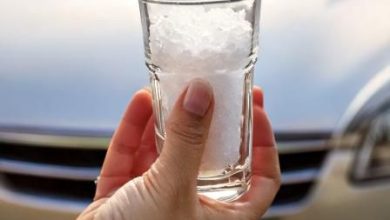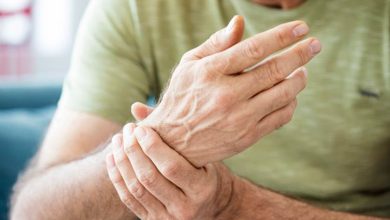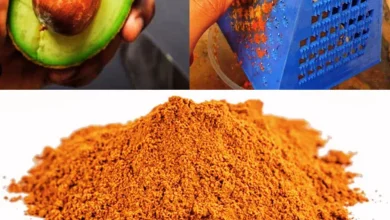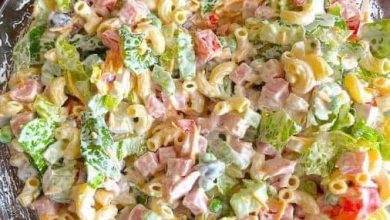Most people get this wrong and toss out the can. The right way to read ‘Best By’ or ‘Best Before’ dates
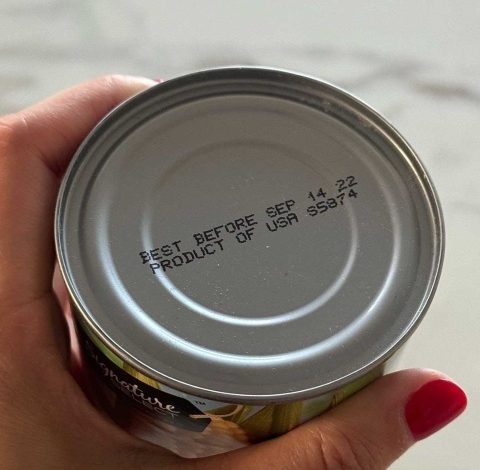
Lots of people throw away canned food because they misunderstand “Best By” or “Best Before” dates. These dates aren’t like expiration dates. They tell you when the food is at its best quality, not when it becomes unsafe to eat. This guide will explain what these dates mean, especially for canned foods like corn, green beans, and tuna, and give you tips for keeping your food safe.
What “Best By” Dates Really Mean
“Best By” dates are about quality, not safety. The food in the can is usually still safe to eat after this date, as long as the can is in good condition. The date just means the food might not taste as fresh or have the best texture after that time. Think of it like this: the food might not be as delicious, but it won’t necessarily make you sick.
Canned Corn: Good for a Long Time
Canned corn can last a long time after the “Best By” date, usually one or two years, if you keep it in a cool, dry place. The can needs to be in good shape, too – no dents or leaks. After the “Best By” date, the corn might not taste as sweet or crisp, but it’s probably still safe to eat.
Canned Green Beans: Keeping Them Fresh
Canned green beans are similar to corn. They can also last one or two years after the “Best By” date if stored correctly in a cool, dry place and the can isn’t damaged. They might not be as bright green or have the same snap as fresh green beans, but they should be safe.
Canned Tuna: A Great Source of Protein
Canned tuna can last even longer, usually three to five years past the “Best By” date! Just like the other canned foods, it needs to be stored in a cool, dry spot and the can must be undamaged. The taste and texture might change a little over time, but it will likely still be safe to eat.
How to Know if Canned Food is Safe
Even though “Best By” dates aren’t about safety, you still need to be careful with canned food. Here’s a quick checklist:
- Check the Can: Look closely at the can. If it’s bulging, dented, rusty, or leaking, throw it away.
- Look and Smell: When you open the can, check for anything unusual, like a bad smell, mold, or the food looking strange. If you’re not sure, it’s better to be safe and throw it out.
- Use Your Senses: If you’re still not sure, taste a small amount. If it tastes bad, don’t eat it.
How to Store Canned Food Properly
Good storage helps keep canned food safe and tasty for longer. Here are some tips:
- Cool and Dry: Keep cans in a cool, dry, and dark place. Don’t store them near the stove or oven.
- Keep Them Upright: Store cans standing up. This helps keep the seal intact.
- Use Older Cans First: Use the oldest cans before the newer ones. This way, you’ll eat the food when it’s still at its best quality.
- Don’t Damage the Cans: Be careful not to dent or damage the cans.
- Put Leftovers in the Fridge: After you open a can, put any leftover food in a covered container in the refrigerator. Eat it within a few days.
Knowing what “Best By” dates really mean and how to store canned food properly helps you avoid wasting food and save money. Remember, these dates are about quality, not safety. With a little care, your canned food can last a long time.
